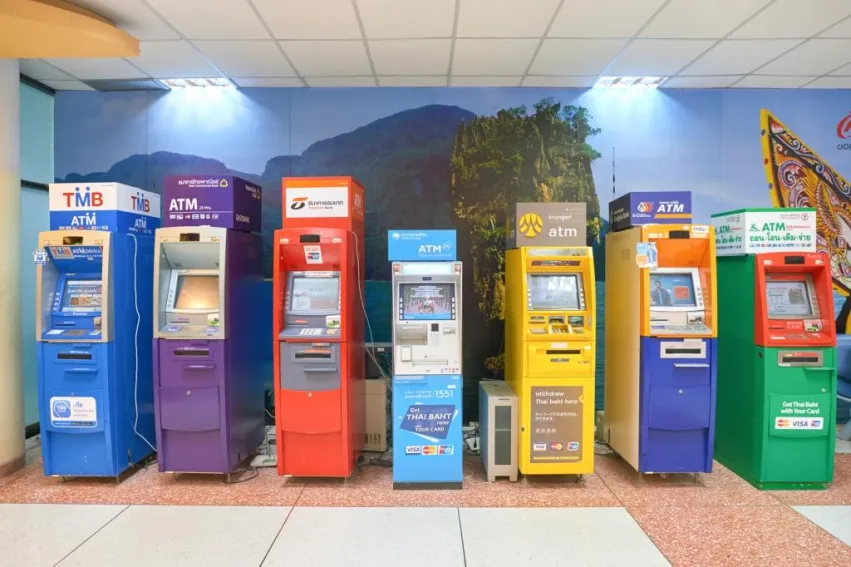
What you need to know about Thai banks' unexpected rate cuts
This move could hurt banks' FY17 earnings by up to 3%.
All the big banks announced a shocking 25-50bps cut in their prime lending rates on May 15. The main target appears to be the Minimum Retail Rate as every big bank reduced it. This suggests the cut is to aid SME/retail clients.
The new prime rates took effect on May 16. Maybank Kim Eng says the reduction in the prime rate is bewildering against expectations of an imminent upturn in interest rates. It is possible that the Finance Minister’s comments last week that banks’ net margins are too high may have prompted the banks to trim their lending rates.
Here's more from Maybank Kim Eng:
With this move and potentially higher global rates, further lending cuts look unlikely. We estimate that lowering the prime rate by 25-50bps would hurt the FY17 earnings of big banks and small banks by about 2-3% but should have no significant impact on leasing banks.
Following the 25-50bps reduction in prime rates by the big banks, smaller banks are likely to follow suit over the next few days. Prior to this cut, most banks were anticipating interest rates to scale higher. Banks had in fact prepared for this by locking in low borrow rates by issuing debentures or through special deposit campaigns with fixed interest rates and longer duration.
We note that the banks’ rate cuts followed the Finance Minister’s comments last week that net interest margins for Thai banks appear too high, particularly for SME/retail borrowers. Margins are on the higher end against regional levels and have crept up modestly in the past five years. Perhaps banks are trying to alleviate the pressure through this move.
According to Bloomberg, no economist in the market expects any rate cuts in the near future and the Bloomberg consensus expects the policy rate to begin to rise from 4Q17 onwards. Therefore, we believe this move should be one-off and no further lending rate cuts by banks are expected.
One read through from this rate cut is that regulatory risks in the banking sector may be growing. Other known regulatory risk events in the near future include the increase in the LCR ratio and BIS ratio (all banks should have no problem complying with these rules), as well as the accounting standard change to IFRS9 (banks with a weaker balance sheet/higher NPLs may be under pressure to increase their provisioning expenses).
The banks are acting in unison, suggesting they are responding to subtle pressure from regulators. This may be the first time the banks are adjusting lending rates in response to moral suasion. Higher risks or compliance costs may prompt investors to demand better risk/reward trade-offs for investing in Thai banks. But we do not see this bearing out immediately though.













 Advertise
Advertise










